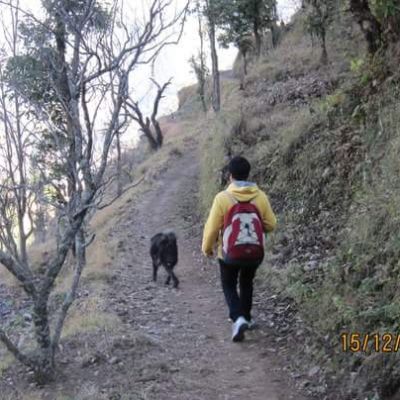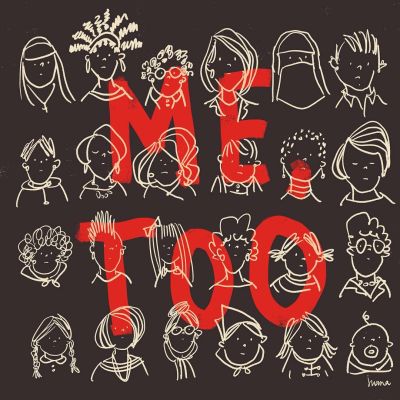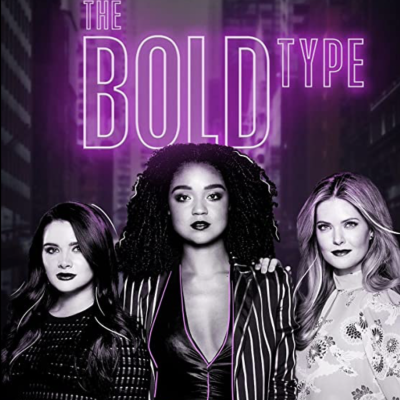#metoo
Time and sexuality, neither is one-dimensional, neither is neat and both have a way of being always in a state of movement, whether we like it or not, flow with it or not.
Not everyone, however, is taken in by #MeToo. Some women feel that they shouldn’t have to make a public show of their pain for their suffering to be acknowledged. For others, sharing their story in such a public fashion exposes them to further online harassment from those who think of the hashtag campaign as a sympathy-seeking movement. Then there are those who are downright unimpressed, feeling that it unfairly casts sexual harassment as a man vs. women problem.
Take Time. Add Sexuality to it. How does it move? In a straight line, in circles, or does it zig…
But here is the thing. In heterosexual relationships, how are women and men going to learn to see women’s desires if the world does not see them? If the world is shaped to conform to a certain type of man’s desires only? Where is consent without a diversity of desires and a galaxy of desirability?
Every Friday my organisation Red Dot Foundation hosts a SafeCircle, an online space for listening and for sharing experiences of…
अब मैं बार–बार पीछे मुड़कर देखने और अंजान आदमियों के भय से डरी रहने से भी थक चुकी हूँ। मेरे मन में हमेशा यह डर बना रहता है कि मेरी शारीरिक सीमायों का कोई उल्लंघन न कर दे और साथ ही मैं अब लोगों को अपने से दूर रखते रहने की कोशिश करते हुए भी थक चुकी हूँ।
None of these characters is perfect but in their imperfections we can learn more about body positivity, gender sensitivity, privilege, consent, unconscious and implicit bias, sexuality, masculinity, their intersections with class, religion, race, age, and more.
Those who are rendered vulnerable due to their gender or sexuality, particularly those who are economically and socially disadvantaged (or less powerful) and lack the agency to speak up for themselves, are more prone to allegations, social ostracism and marginalization.
I recently watched North Country on Netflix, a movie based on a true story of a woman’s fight for equality at the workplace. It is based on the case, Jenson vs Eveleth Mines, in the United States in which Lois Jenson, fought for the right to work as a miner, and the right to work free of sexual harassment. She won the landmark 1984 lawsuit, which was the first class-action lawsuit on sexual harassment at the workplace in the United States and resulted in companies/organisations having to introduce sexual harassment policies at the workplace.
While we are struggling with the vicissitudes brought on by the pandemic we are also forced to spend more time online, to look for resources in terms of health care or caregivers, to reach out to people and build a communities of care, to take a break, or to try and hook-up online for a while.










